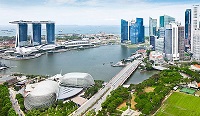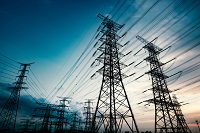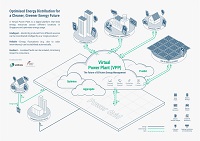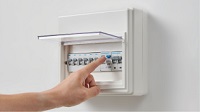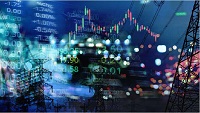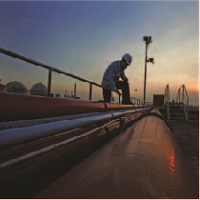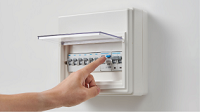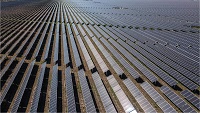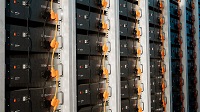For more information, please refer to:
Media Releases
26 Oct 2021
- With growing environmental awareness, Renewable Energy Certificates (RECs) have become a common means for energy users, including businesses, to fulfil their sustainability commitments. Through the purchase of RECs[1], users can make claims that the energy they use comes from a renewable source. To facilitate consistency for the transaction and management of RECs, the Singapore Standards Council and Enterprise Singapore, together with the National Environment Agency, and Energy Market Authority have launched the new Singapore Standard (SS) 673: Code of Practice for Renewable Energy Certificates (RECs).
- Jointly developed with industry players and the Sustainable Energy Association of Singapore (SEAS), SS 673 is intended to provide a clear framework to improve the integrity of measurement, reporting and verification (MRV) requirements for the issuance and management of RECs. It covers guidelines across the lifecycle of RECs – from production, tracking, management, to the usage of the certificates for renewable energy claims in Singapore:
- For renewable energy installation owners, SS 673 has requirements that define the types of renewable energy sources[2] that may qualify to generate RECs tracked in registries. It also specifies that renewable energy installations be connected to a grid operated by a regulator or a regulator-appointed party, and that energy output must be in the form of electricity delivered to a grid or grid-connected load.
- For REC registries and verifiers, SS 673 sets out guidelines on how renewable energy installations should be registered and verified, including validating the metering data of every installation. For instance, the standard specifies that registries ensure that the installation is not concurrently registered as an active installation with other REC registries. It also provides guidance on proper issuance, transference, and retirement of RECs, as well as how errors should be managed
- For end-users, there are recommendations on how they can make renewable energy consumption claims, such as stating the origin, type of renewable energy, mode of renewable electricity procurement and verification of claims. The standard also highlights the best practice for users to make renewable energy claims, such as using RECs produced in the same market boundary in which they operate and consume electricity.
- With the transparency of MRV requirements, the industry will be able to provide greater assurance on the credibility of RECs available in the marketplace. The framework provided by SS 673, which also applies to energy imports, will enable the renewable energy industry to access a wider selection of trusted sources in the region to engage in the trading of RECs, which end-users can use to meet their sustainability goals. This supports Singapore’s energy transition efforts to tap low-carbon electricity imports from regional power grids.
- Following the launch, SEAS will conduct training workshops to raise awareness of RECs and to promote the standard. The first run of the workshop will be held on 16 November 2021. The standard can be purchased from the Singapore Standards eShop at www.singaporestandardseshop.sg.
Annex A: Details of SS 673
Annex B: Quotes from co-convenors and working group composition
[1] One REC represents proof that one megawatt-hour (MWh) of electricity was generated from a renewable energy source, such as solar photovoltaics (PVs), and delivered to the grid.
[2] Such as solar, biomass and wind energy.
